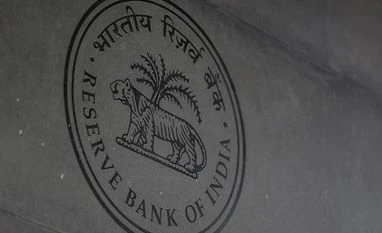The uncertainty around the actions and stance by the US Federal Reserve will have a detrimental impact on the aggregate demand in India, a paper written by Reserve Bank of India executives said on Friday.
Making it clear that the article published in the monthly bulletin does not represent the RBI views, the paper also asked major central banks to be circumspect on their actions and communication, saying the same have a bearing on emerging markets.
Changes in the monetary policy stance of the US Federal Reserve tend to impact the Indian economy, altering domestic output and inflation, it said.
"Heightened uncertainty around the stance and actions of the US Federal Reserve is estimated to reduce aggregate demand in the Indian economy," the paper added.
The country's economic growth is widely expected to decline to 6 per cent or even lower in FY24. The US Fed has been hiking interest rates to record levels in order to cool inflation.
The paper termed cross-border transmission of economic shocks arising from changes in the macroeconomic policy stance in major advanced economies as a "key challenge" for emerging market economies.
Also Read
The global economic system today is staring in the eyes of a deadly storm amidst a global pandemic that has affected millions of lives and livelihoods, a bounce back of high inflation, heightened uncertainty due to geopolitical tensions and a rollback of ultra-accommodative policy support across the globe, it said.
It explained that emerging market economies not only have to support the domestic economy but must also safeguard themselves against spillovers from advanced economies.
The paper said it used quarterly macro-financial data on the US and Indian economy to shed light on the effects of US monetary policy actions as well as monetary policy uncertainty on the domestic economy.
"Importantly, we show that monetary policy actions (or uncertainty) of the US Fed can have detrimental effects on the domestic business cycle," it said.
Destabilisation in one region or group of countries can derail the process of global economic recovery from the pandemic, it said.
"...the global economy would be better served if major central banks strive to minimize disruptions caused by their policy actions through transparent communication on the future path of their policy," it added.
(Only the headline and picture of this report may have been reworked by the Business Standard staff; the rest of the content is auto-generated from a syndicated feed.)
)